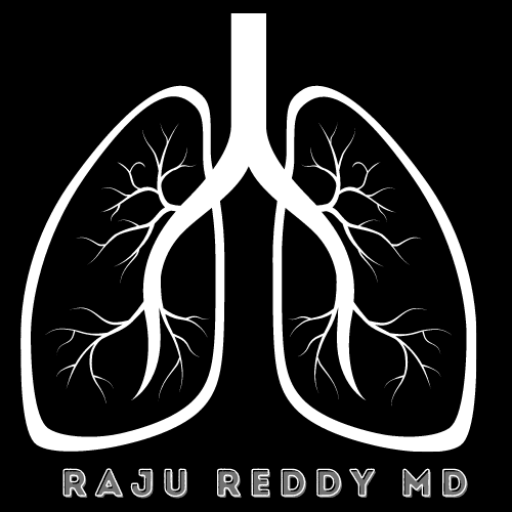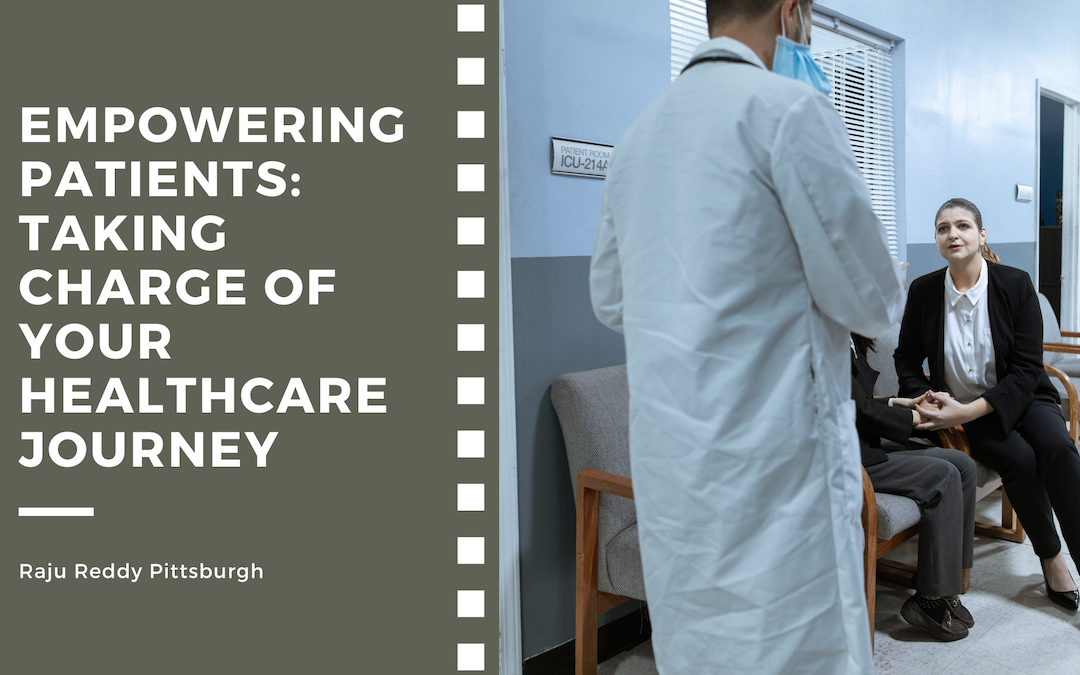In an age where information is at our fingertips, the role of patients in their healthcare journey is undergoing a profound transformation. Empowered patients are no longer passive recipients of medical care; they are active participants, partners, and decision-makers. This shift towards patient empowerment is not just a trend but a vital aspect of modern healthcare that yields better outcomes and fosters a stronger doctor-patient relationship.
The Power of Knowledge:
Empowering patients begins with knowledge. The internet gives patients unprecedented access to medical information, resources, and personal health records. With knowledge about their conditions, treatment options, and potential outcomes, patients are better equipped to have informed conversations with their healthcare providers. Gone are the days of blindly following medical advice. Patients who take the time to research their conditions often ask insightful questions, seek second opinions, and actively participate in shared decision-making.
Engagement in Decision-Making:
Patient empowerment goes beyond just knowing facts; it involves being actively involved in medical decisions. Doctors are experts in medicine, but patients are experts in their bodies, experiences, and preferences. Empowered patients voice their concerns, discuss their treatment preferences, and collaborate with healthcare providers to determine the best action. This shared decision-making not only leads to treatments that align with patients’ lifestyles and values but also enhances treatment adherence and overall satisfaction.
Personalized Healthcare:
Empowering patients paves the way for personalized healthcare. Recognizing that each individual’s medical journey is unique, healthcare providers increasingly tailor treatments to suit patients’ needs. With patients openly sharing their preferences and experiences, doctors can make more accurate diagnoses, recommend suitable treatments, and monitor progress effectively. This personalized approach improves the likelihood of successful outcomes and minimizes the trial-and-error approach used to dominate medical practice.
Advocacy and Health Literacy:
Patient empowerment extends to advocacy and health literacy. Patients who take charge of their healthcare journey often become advocates for their conditions. They raise awareness, promote research, and contribute to a better understanding of various medical issues. Moreover, they inspire others to become proactive about their health, creating a ripple effect that leads to healthier communities.
Building Trust and Strengthening Relationships:
When patients actively engage in their healthcare, trust between patients and healthcare providers flourishes. Doctors appreciate patients who are informed and motivated to care for their health, leading to more open and transparent communication. Patients, on the other hand, feel respected and valued, which strengthens the doctor-patient relationship and creates a positive feedback loop.
In conclusion, patient empowerment is reshaping the healthcare landscape. Armed with knowledge, engagement, and advocacy, patients are taking charge of their healthcare journeys like never before. This shift not only enhances the quality of care received but also builds a foundation of trust and collaboration between patients and healthcare providers. As we move forward, embracing patient empowerment will not only improve individual health outcomes but also contribute to a more informed and healthier society as a whole.

